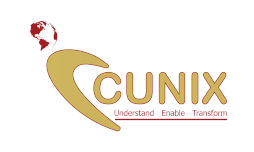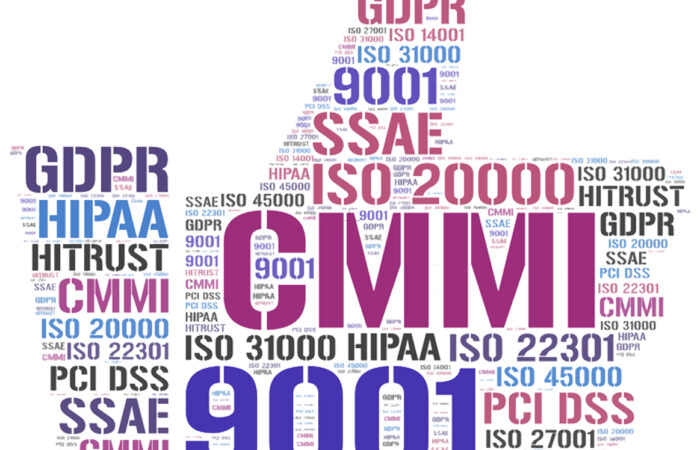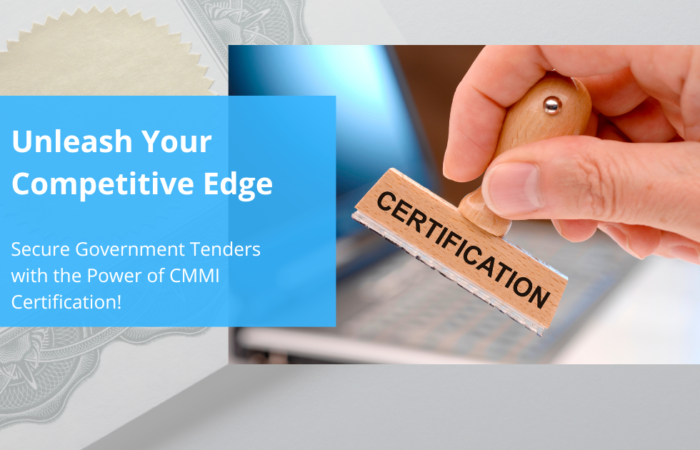
In today’s world, where the only constant in the business landscape is “change”, where competition is much more than cutthroat and customer expectations know no bounds, the only way organisations can survive is to strive for excellence and perfection in every task, in every process and in every venture.
Businesses today just can’t run with time, but they have to make sure that their every step is planned in advance, leaving no scope for errors. This is where the Capability Maturity Model Integration (CMMI) certification comes into the picture. This certification plays a crucial role in ensuring the long-term success and sustainability of the company.
What is CMMI?
CMMI (Capability Maturity Model Integration) certification is a globally recognized standard that assesses and certifies an organization’s capability and maturity in managing and improving its processes.
The Capability Maturity Model Integration helps organizations streamline process improvement and encourage behaviours that decrease risks in software, product, and service development.
The model provides businesses with a framework to enhance their processes, starting with a series of appraisals of process and service development, service establishment and management, and product and service acquisition, thus increasing efficiency and eventually achieving greater productivity and increased profits.
Development and Implementation of CMMI
CMMI certification is based on a set of best practices and guidelines developed by the Software Engineering Institute (SEI) at Carnegie Mellon University.
It encompasses multiple areas of an organization, including project management, engineering, process management, and support functions. The certification process is a multiple-step process which begins with an assessment done by an appraiser or an appraisal team and defining maturity levels.
Once the assessment results are out, a gap analysis is done to identify areas for improvement, which are then worked on by developing and implementing a plan for process improvement.
After the new process is in place, the organization undergoes a formal appraisal to evaluate the alignment of the organization’s processes with the CMMI model. If the organization meets the CMMI criteria, it is awarded CMMI certification.
Benefits of CMMI Certification
Obtaining CMMI certification is a strategic investment that can significantly impact the future of your company due to several reasons. Some of them are as follows-
- Process Improvement
Sometimes in big, established companies, things are done because “We’ve always done it that way.” Reports are generated that no one reads, and meaningless review meetings are scheduled, because the process says so.
These kinds of activities don’t always add value to the finished product. In fact, they may cause delays, compromise quality, and increase costs.CMMI provides a framework for process improvement in organizations.
It helps companies assess and enhance their processes to achieve better quality, efficiency, and customer satisfaction. By implementing CMMI practices, companies can streamline their processes, reduce errors and rework, and ultimately deliver higher-quality products and services.
- Competitive Advantage
CMMI Level 3 certification sets a company apart from its competitors. It demonstrates to clients, partners, and stakeholders that the organization has a commitment to excellence, mature processes, and a focus on continuous improvement.
In competitive industries, having CMMI certification can give a company an edge when bidding for contracts or attracting customers who prioritize quality and reliability.
- Increased Efficiency
CMMI promotes efficient and effective processes by providing best practices and guidelines. Through CMMI implementation, organizations can identify bottlenecks, eliminate redundant activities, and optimize their workflows.
This leads to increased productivity, reduced costs, and faster time to market for products and services.
- Risk Mitigation
CMMI helps companies manage risks more effectively. By establishing standardized processes, organizations can identify and address potential risks early on.
CMMI also emphasizes proactive planning and continuous monitoring, enabling companies to detect and mitigate risks before they escalate. This reduces the likelihood of project failures, delays, and cost overruns.
- Customer Confidence
CMMI certification enhances customer confidence and trust. It demonstrates that the company has a systematic approach to delivering high-quality products and services. For customers, working with a CMMI-certified organization reduces the perceived risk associated with engaging in business relationships.
It provides assurance that the company follows proven practices, meets industry standards, and will likely deliver as promised.
- Organisational Learning
CMMI fosters a culture of continuous learning and improvement within the organization. It encourages employees to embrace best practices, share knowledge, and participate in the enhancement of processes.
Through CMMI, companies can establish feedback mechanisms, capture lessons learned, and implement corrective actions, leading to a more knowledgeable and skilled workforce.
- Scalability and Flexibility
CMMI is designed to be scalable and adaptable to different organizational sizes and industries. It can be applied to small teams or large enterprises and is not limited to specific sectors.
Whether your company develops software, manufactures products, or provides services, CMMI can be tailored to meet your specific needs and help you achieve your business objectives.
- Empowering Employees through Best Practices
An organization is only as strong as its people. CMMI certification empowers your employees by equipping them with a standardized set of best practices to follow. This not only enhances their individual skill sets but also fosters a culture of collaboration, continuous learning, and innovation within your organization.
By embracing CMMI, your company can promote employee growth and development, boost morale, and create an environment conducive to creativity and problem-solving.
Conclusion
The CMMI was updated to CMMI V2.0 in 2018, with a greater focus on improving business performance, building agile resiliency and scale, increasing the value of benchmarking and accelerating adoption.
Although CMMI is not mandatory under any law, a large number of enterprises are opting for it, as it gives them a clear picture of their current position, where it is leading and where and how it should be going instead. It also presents the company in a good light to its stakeholders and society at large, because it demonstrates company’s commitment to quality and sustainable development.
Contact us if you wish to make your company CMMI certified as well and take a step towards planned development.


